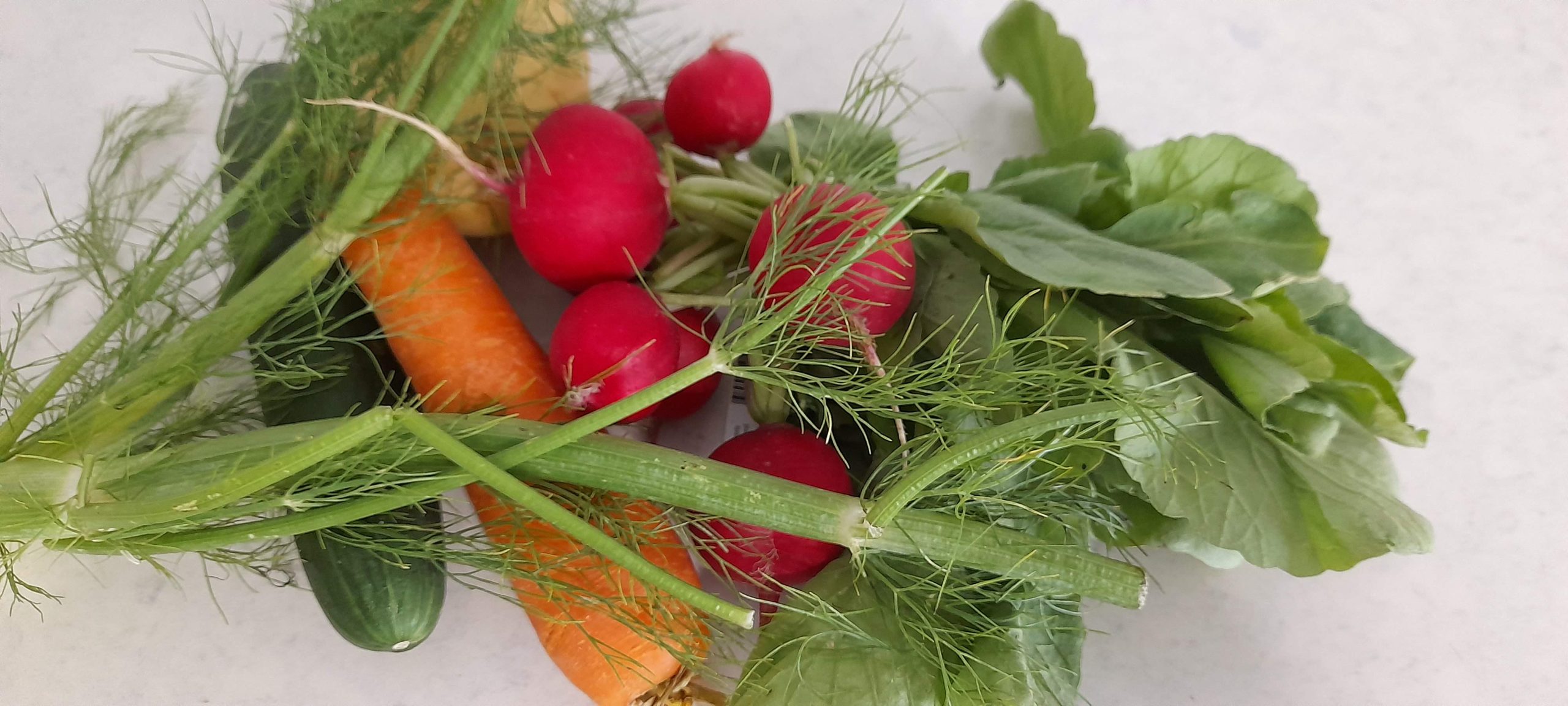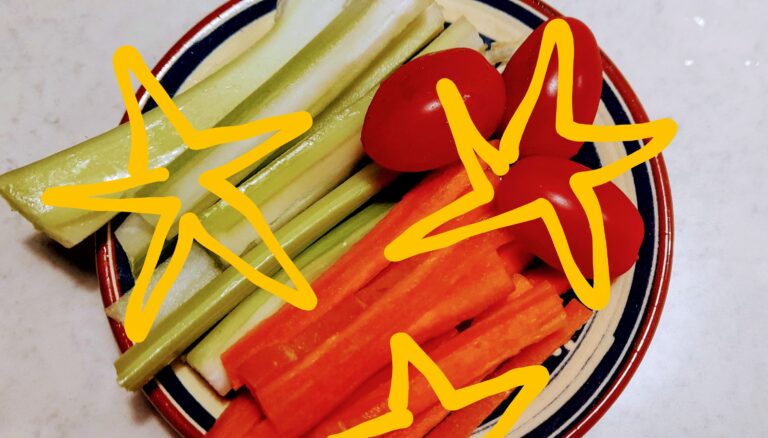Four simple strategies for avoiding that extra Christmas half-kilo
Festive season weight gain in the November – January festive season can be anything up to half a kilogram. Over-indulgence, holiday slow down and high-calorie foods are common contributing factors.
The news isn’t all bad, though. There are four simple strategies you can use to minimise your holiday weight gain.
In summary, these are:
- Use intermittent fasting – practices such as the 5:2 diet, alternate day fasting and time-restricted eating.
- Eat earlier in the day – ideally have most of the richest foods before 2pm.
- Exercise every day – DON’T have an exercise holiday.
- Support your metabolic health with alkalising foods and minerals.
There’s science behind these strategies
This isn’t just a re-branding of “everybody knows” principles like “breakfast like a king, lunch like a merchant, dine like a pauper”. There’s an increasing understanding of the biology behind them building in scientific literature.
1. Practice intermittent fasting
Intermittent Fasting (IF) involves periods of fasting alternating with periods of eating. Not only does it help with weight management, it has significant benefits for several cardio-metabolic risk factors. The most common forms of Intermittent Fasting include:
- Time-restricted eating – in which you limit your consumption of calories to a designated window each day. For example, you might choose to eat all your food for the day in an 8-hour period between 10 a.m. and 6 p.m.
- Alternate day fasting (ADF) – where you fast one day and eat whatever you want the next day.
- The 5:2 diet – where you eat about 1/4 quarter of a day’s (healthy) calories for 2 days and eat a well balanced Mediterranean diet for 5 days each week.
Research on intermitting fasting has found that it helps both overweight people AND healthy people.
2. Eat earlier in the day
Several small clinical trials have reported both improved weight loss and healthier cardio-metabolic markers – such as insulin levels, blood pressure, and insulin sensitivity – when participants eat early or in the middle of the day, i.e. before 2:00 pm.
So not all “time-restricted eating” is equal – the health benefits of a bit of re-planning may be worth the extra admin effort.
The technical term for this is ‘chrononutrition’ – the consumption of food in accordance with the body’s circadian rhythms.
3. Exercise daily
We were born to move regularly – pretty much all day, every day. That’s our hunter-gatherer heritage. Loss of daily movement – to technologies like armchairs, TV, digital devices and cars – is one factor in the global diabetes epidemic.
Don’t take a holiday from your exercise routine – keep it going. Plus consider some extra gentle movement (like gardening, walking or swimming) so that you move your body EVERY day.
One study of people with metabolic syndrome compared the health results between a group that kept exercising and a group that took a 3-week “exercise holiday”. It found that the “holiday” group had an increase in body weight, blood pressure, blood insulin, and insulin resistance. Meanwhile the “keep moving” group did not experience any loss of metabolic function – and had reduced cholesterol levels.
4. Consider alkalising foods and minerals
Many of your body’s processes produce acid. Your lungs and kidneys can usually compensate for slight pH imbalances, but if you have problems with these organs then it could lead to excess acid accumulating in your body and blood.
Christmas is a time for over-indulgence. That can put your body – and particularly your kidneys and liver – under stress. So it could well be worth exploring whether alkalising minerals would help you through the festive season.
(NOTE: alkalising minerals are things like Magnesium, Potassium and Sodium – but you need to get the dose and type appropriate for your body and lifestyle – so make sure to talk to your friendly online Naturopath about this “hack”. https://integrityhealth.com.au/contact/)
Alkalising foods include celery, beetroot, parsley, fennel, lemon, radish, cucumber, carrot etc. So include these in your celebrations this year. If the weather is chilly try making a super charged potassium alkalising broth with carrot tops, ceIery and fennel tops, onion and potato with plenty of garden herbs and spices with a touch of miso to finish off the umami (delicious) flavour. A good way to use up all those left over bits of veggie. Put the remaining broth into the freezer for later stock.
Other easy to do alkalisers:
I love to snack on fennel bulb as it is crunchy & has a gentle aniseed flavour. I eat it raw or steamed or in stir fries or soups (like a celery substitute). A salad of thinly sliced fennel and orange segments dressed with a little olive oil is delicious. The finely chopped stem and feathery leaf goes into the broth above. Check it out at your next supermarket visit.
Dip the fennel or celery or carrot sticks into homemade tzsatsiki or hummus.
Drink Dandelion root coffee
In hot weather, try lime juice squeezed into soda water.
So there’s science supporting these 4 life hacks for a healthier Christmas
Taken together, multiple research studies suggest it is possible to maintain a healthy weight over the holidays. By implementing these four simple health hacks, you can start off the New Year with your health and well-being intact. Remember:
- Practice intermittent fasting
- Eat most of your food before 2pm
- Exercise daily
- Consider an alkalising mineral supplement and foods to balance the acid
Have a Super Solstice, very merry Christmas, and my best wishes to you for 2023.







